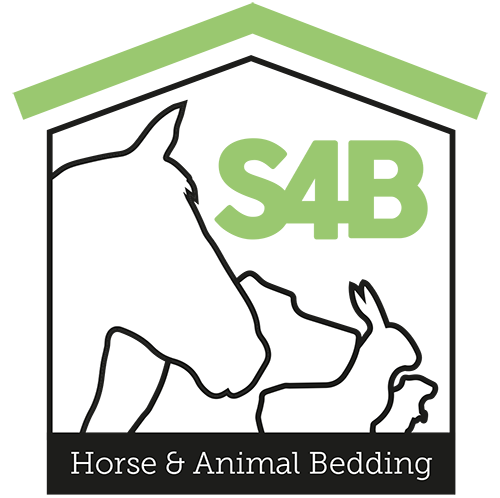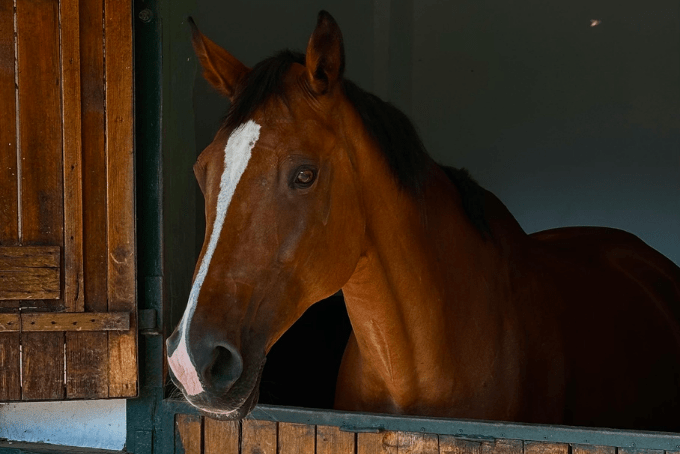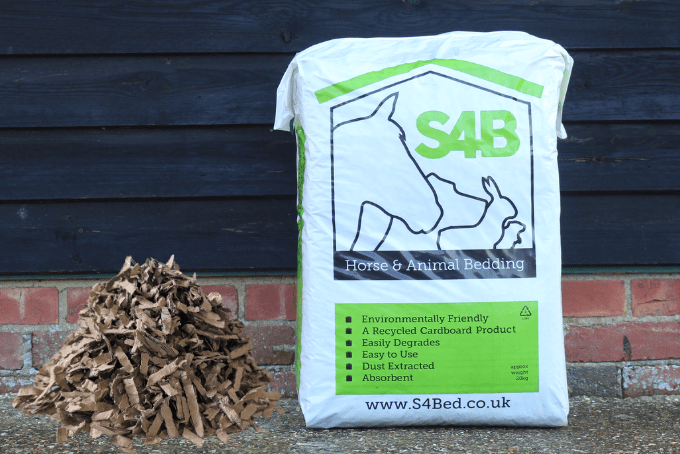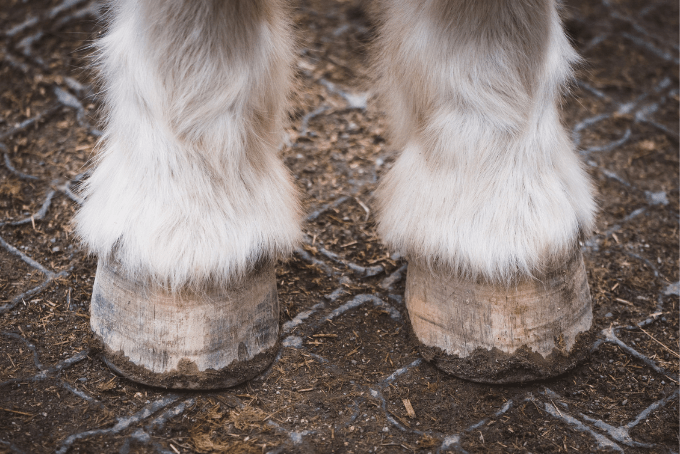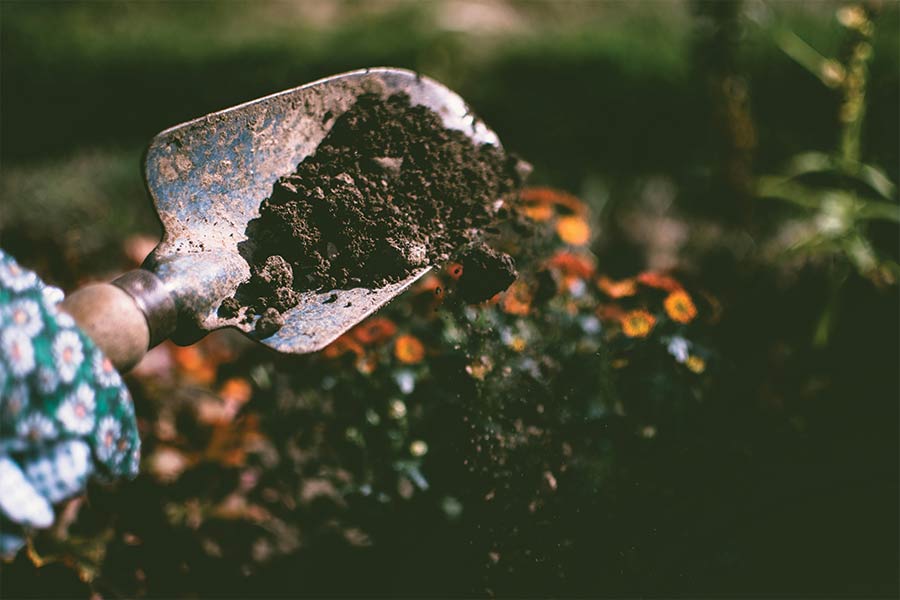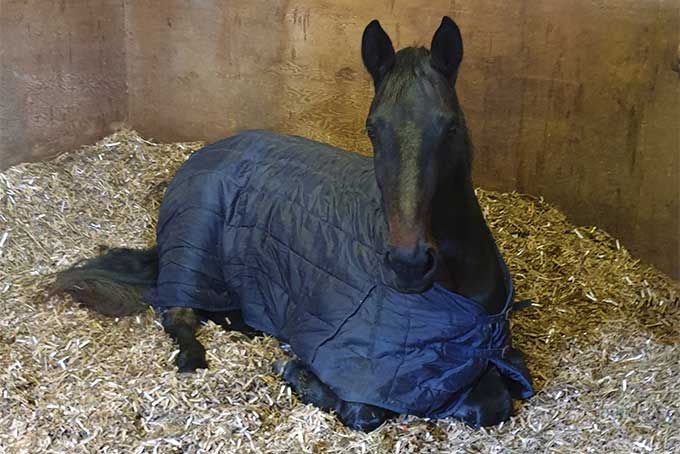
Equine Winter Stable Management
To leave Out or Bring In? That is the Question
The last few days have seen a significant drop in temperatures. We have had an increase in calls for cardboard bedding as ‘the big bring-in’ has started, and the rush before Christmas is in full flow. The cardboard bedding we produce is dust extracted. The construction of the cardboard makes beds both absorbent and warm by trapping the warm air near the surface keeping the horses simultaneously off the floor and warm when stabled.
The fact that it is dust extracted helps to ease the symptoms of conditions such as coughs and COPD, which often become worse when stabled. Obviously if a horse suffers from such conditions, they are often better kept out at grass, but if that is not possible cardboard bedding has shown to be one of the best solutions.
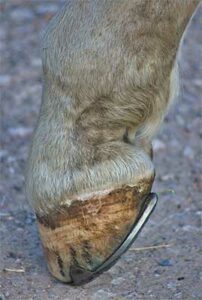 Another benefit of cardboard is that it’s ideal for a horse that eats its bedding – it’s safe to say it’s not attractive or palatable to horses, so the risk of eating it and subsequent illness is minimal. It’s also shown to be a good alternative to straw for those horses prone to feather mites.
Another benefit of cardboard is that it’s ideal for a horse that eats its bedding – it’s safe to say it’s not attractive or palatable to horses, so the risk of eating it and subsequent illness is minimal. It’s also shown to be a good alternative to straw for those horses prone to feather mites.
Many vet practices use cardboard bedding in their stables these days due to the properties mentioned above, so it is also a good choice for horses convalescing after surgery, illness or injury.
Easy to work with bedding…
As equestrians, we understand how busy lives can get organising your horses’ routines around work and other life commitments. So, having a choice of bedding that is easy and quick to muck out is essential, especially in the dim light of the winter mornings and dark evenings.
Alongside your choice of bedding it’s important to supply or check:
- Ample forage – horses might need more forage to keep their energy levels up and to avoid weight loss
- Fresh water supply – checking buckets twice daily to avoid freezing
- Rugging according to weather, temperature and horse condition
- Avoid turning out those at risk of laminitis in frosty conditions due to high sugar content of grass but also be wary of colic
- Watch out for symptoms of mud fever and rain scald in these boggy, wet conditions
- Any changes in routine can affect horses so gradual changes from 24/7 turnout to stabling at night should be done over a period of time to avoid colic and other issues
If you would like to find out more about how S4Bed Recycled Cardboard Animal Bedding could be a good choice for your horse, pony or indeed small animal then why not give us a call on 01342 659100 and we will be happy to discuss your requirements with you.
More information about winter regimes and horse care can be found via the British Horse Society website.
